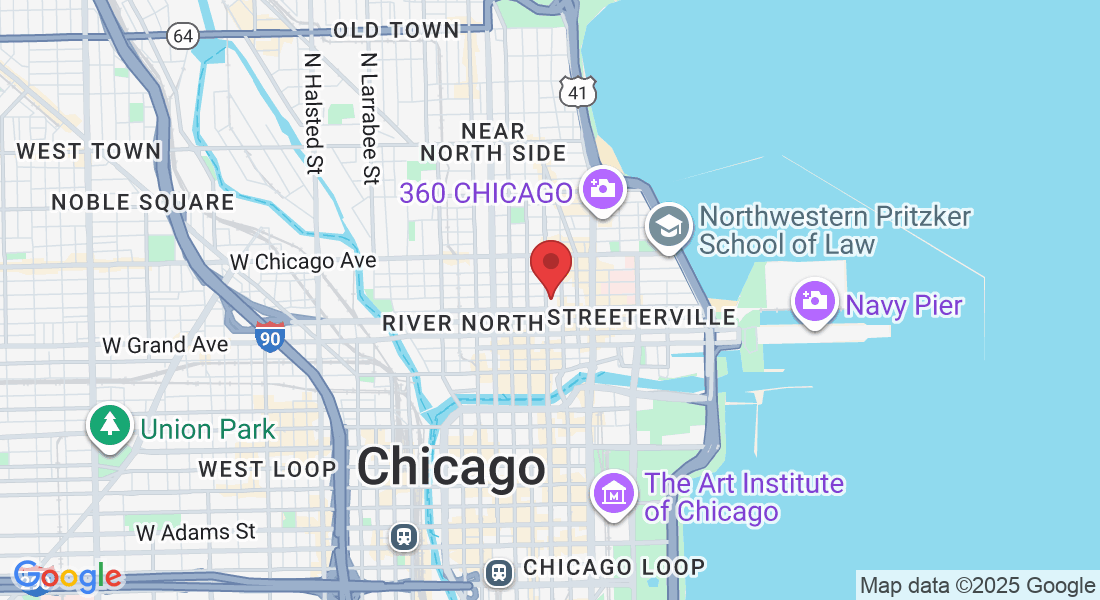![The Truth About Burial Insurance for Cigar Smokers [2023 Review]](https://images.leadconnectorhq.com/image/f_webp/q_80/r_1200/u_https://storage.googleapis.com/msgsndr/Ot7Yu4y4ddf8J29mwv9d/media/65d051952e244eaa7bbb41cb.jpeg)
The Truth About Burial Insurance for Cigar Smokers
Understanding the intricacies of burial insurance for cigar smokers is crucial as it significantly affects eligibility and pricing. This guide dives deeper into how cigar smoking impacts insurance rates, the underwriting process, and strategies for securing cost-effective coverage.
Impact of Cigar Smoking on Life Insurance
Health Risks and Insurance Rates: Cigar smoking is generally seen as less risky than cigarette smoking due to lower frequency and different usage patterns. However, it still poses health risks, especially when used frequently. Insurers assess these risks by considering the frequency and quantity of cigar use, leading to varying impact on insurance premiums.
Frequency of Use and Rate Categories: Insurers often categorize cigar smokers based on their usage frequency. Occasional smokers might receive more favorable rates compared to regular users. For instance, some insurers may classify individuals as non-tobacco users if they smoke cigars only a few times a year.
Navigating Insurance Policies as a Cigar Smoker
Disclosure and Honesty: Honesty during the application process is paramount. Applicants must accurately disclose their tobacco use to avoid complications or denial of claims. Insurers verify this information against medical records and prescription history, making transparency crucial.
Underwriting Process for Cigar Smokers: The underwriting process for cigar smokers can vary significantly between insurers. Some may require a medical examination or detailed health questionnaires, while others may offer simplified underwriting with no medical exams, focusing instead on health declarations and prescription checks.
Types of Questions Asked: Insurers typically inquire about the type of tobacco used, the frequency of use, and the duration of use. Questions may specifically target cigarette smoking, allowing cigar smokers to potentially qualify for non-tobacco user rates if they do not use other tobacco products.
Choosing the Right Burial Insurance Plan
Comparing Different Insurers: It’s essential to compare offers from various insurers as terms and conditions for cigar smokers can differ widely. Some insurers are more lenient with cigar smokers, especially if the usage is infrequent or limited to special occasions.
Understanding Policy Features: Look for policies that offer the necessary coverage without overly restrictive clauses on tobacco use. Consider features such as the ease of claims, premium costs, and the inclusion of additional benefits like accelerated death benefits or waivers.
Consulting with Insurance Experts: Working with insurance agents who specialize in high-risk profiles or have experience with clients who are cigar smokers can provide invaluable insights. They can help navigate the application process, suggest the best insurers, and ensure that the coverage meets your specific needs.

Long-Term Considerations and Planning
Future Health Considerations: As health conditions can change over time, especially with tobacco use, it's wise to consider how future health changes might affect your insurance rates and eligibility. Regular policy reviews are recommended to adjust coverage as needed.
Financial Planning: Integrating burial insurance into broader financial planning is vital. It ensures that funeral expenses and other end-of-life costs are covered without imposing a financial burden on loved ones.
Legal and Estate Planning: Burial insurance should be part of your estate planning. Ensuring that your insurance benefits are aligned with your will and estate plans can prevent potential legal complications and ensure that your final wishes are respected.

Conclusion
For cigar smokers, securing burial insurance requires careful consideration of how their smoking habits impact insurance options. By understanding insurer policies, maintaining honest communication, and regularly reviewing coverage, cigar smokers can find affordable and effective burial insurance. This proactive approach ensures financial security and peace of mind for themselves and their families.



